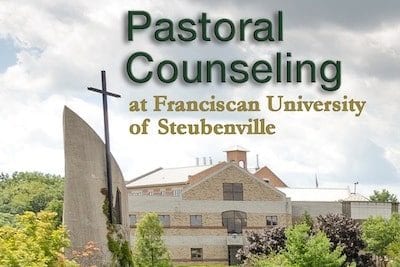Throughout this course, I’ve become more familiar with different possibilities for pastoral counseling techniques/methods and the contexts in which they may be appropriately utilized. From my perspective, the way in which pastoral counseling can be enacted varies widely. It is like a Gestalt. The particular pieces may be swapped out or re-arranged to meet the needs of the individual while maintaining the integrity of the whole. The depths that can be mined in spirituality and the flexibility and breadth of the possibilities for techniques opens a vast horizon for the creative implementation of pastoral counseling.
One set of possibilities I thought of recently would be to use Paul Wong’s Coping Schema’s, Values & Sources of Meaning Inventories as a way to direct a discussion of how those operate in an individual’s life. Regardless of how the questions are answered some workable material should be uncovered. For example, if someone seeking pastoral counseling presents with a Coping Schema profile that seems imbalanced or places their reliance on religion/spirituality much lower than may be expected then the following discussion may focus on ways in which their spirituality has diminished as of late, or what events/beliefs have had in impact on it. Conversely, if religion/spirituality score high then suggestions could follow that encourage them to augment their repertoire of coping skills with other practical skills.
The same could be done with the Values & Sources of Meaning inventories. If someone presents with a profile in which Achievement tops the list but they are feeling unfulfilled, then it may be fruitful to discuss how an assessment of our values and actions can be redirected towards a more fulfilling lifestyle.
I like the idea of using inventories with highly motivated individuals. I think it introduces a level of objectivity to the issues at hand and reduces some of the emotionality of the array of topics because they’re objectified in the form of the pencil and paper. Especially with short inventories like this that are non-diagnostic it creates the feeling of doing a project in session while also maintaining an air of casual ease because it’s just something to talk about, food for thought.
I’ve also given some thought to pastoral counseling being a safe place to express doubts and fears of a religious/spiritual nature that one might otherwise be uncomfortable sharing with family or a priest, etc. I don’t know of a specific technique that would be used to that end but it seems like an imminently practical perspective to take. For example, in a case of grief counseling. While it is easy enough to avoid clichés, not ask too many questions, and maintain the appropriate climate of respect and patience during grief counseling. I think it may also be therapeutic/cathartic to allow that space to be one in which a Job-like lamentation and exploration of one’s doubts, fears, anger with God, etc. can be carried out. One possibility that I found when I did grief counseling research was to assign Peter Kreeft’s Making Sense of Suffering as homework. For some people that may be a very helpful exercise, especially people that process things in a more intellectual pedagogic manner but that likely wouldn’t be a great fit for everybody. However, if someone is inclined to working through some of that material in session collaboratively, that could be another viable avenue to use that book to the same end.
For someone that is seeking to work through their anxiety and has a strong religious core, methods of silent meditative prayer could be taught to manage anxiety while fostering their sense of spiritual connectivity.
As a pedagogic tool, in a very general sense because it can be applied in multiple ways, Everett Worthington’s personality model centered around the Holy Spirit could be taught in session as a model for personal/spiritual growth and healing in a variety of contexts.
But instead of continuing with a list of possible techniques, I think what is paramount is to recognize the foundational perspective of Christian/Pastoral counseling—that of a spiritually guided holistic approach that aims not towards mere symptom reduction but transformation/conversion. To go beyond psycho-education and nourish the soul or rather to edify one’s whole being. To equip clients to engage with the mysteries in life so that they can embrace a comportment of receptivity to the deepest and most profound dimensions of one’s life. That there is hope to be found in our dark nights and purpose for our suffering, which is to say, that we are not simply adrift—but destining toward the horizon of our being.






